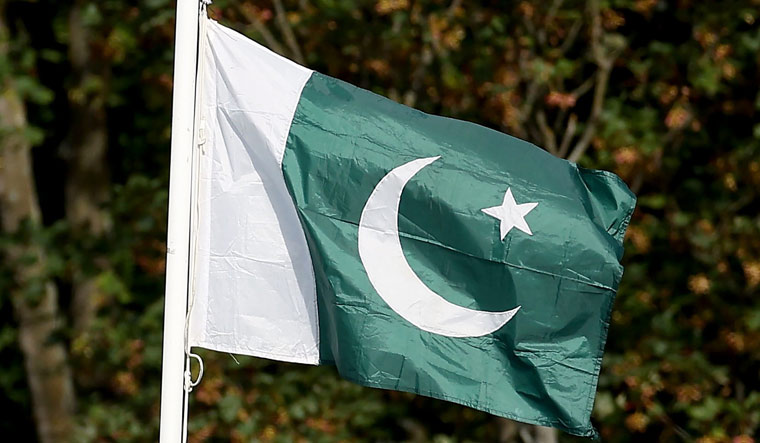Responding to reports of sustained backchannel communications between India and Pakistan prior to the ceasefire announcements, Mooed Yusuf, special assistant to PM on National Security Division and Strategic Policy, tweeted: "I have seen claims by Indian media that attribute today's ceasefire announcement between Pakistani and Indian DGMOs to back-channel diplomacy between me and the Indian NSA. This is baseless. No such talks have taken place between me and Mr Doval."
I have seen claims by Indian media that attribute today's ceasefire announcement between Pakistani and Indian DGMOs to back-channel diplomacy between me and the Indian NSA. This is baseless. No such talks have taken place between me and Mr. Doval. 1/4
— Moeed W. Yusuf (@YusufMoeed) February 25, 2021
Multiple media reports, citing sources, had claimed that National Security Advisor Ajit Doval had an open line of talks with Yusuf and Pakistan army chief Qamar Jawed Bajwa. The culmination of the talks was the ceasefire announcement on Thursday.
The announcement had come a day before the second anniversary of Balakot air strike by India in response to the deadly Pulwama attack in which 40 CRPF personnel were killed.
India and Pakistan signed a ceasefire agreement in 2003, but it has hardly been followed in letter and spirit over past several years with more violations than observance of the pact.
"There have been contacts between India and Pakistan on a hotline level since 1987. Frequently, the DGMOs of both countries stay in contact through this established mechanism," Pakistani army spokesman Maj Gen Babar Iftikhar was quoted as saying by Dawn newspaper.
He said that from 2014 there was a spike in ceasefire violations along the LoC. "Both the DGMOs have agreed that the existing 2003 understanding should be implemented in letter and spirit," he said. Both officials have agreed on making it sustainable and have expressed the intention to act on it, he added, according to the newspaper.




